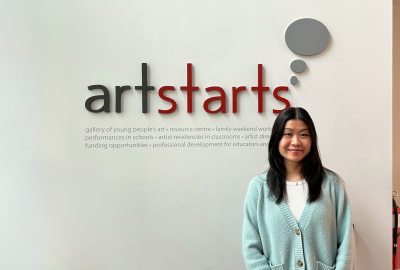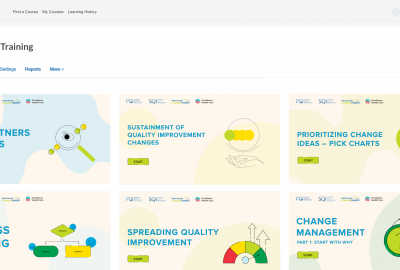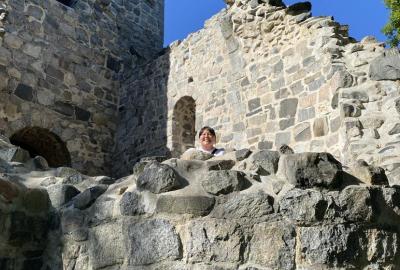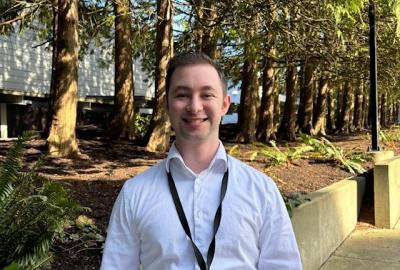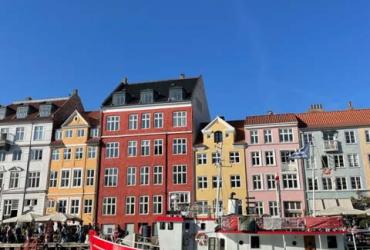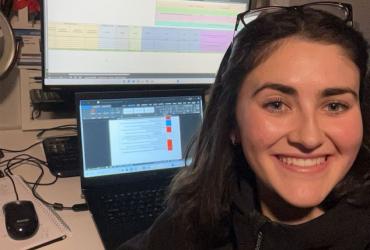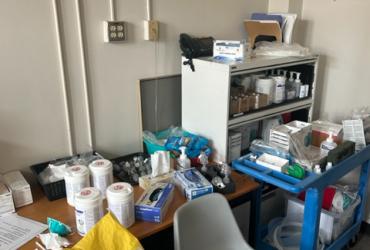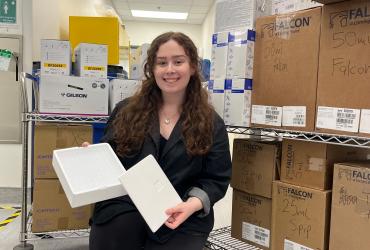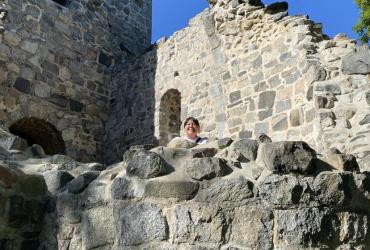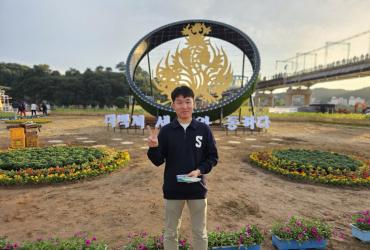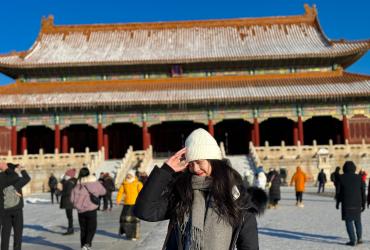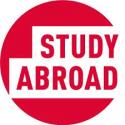Financial Preparation
In terms of financial preparation, I had savings from the part-time jobs I held throughout my degree. My exchange was in Denmark, which has a high cost of living (but is also one of the happiest countries in the world). Thus, I required the help of my parents as well, because I was unable to obtain any outside funding.
From the very beginning, I intended on cooking most of my meals rather than dining out. Therefore, my food budget was low to counter the high cost of rent. Additionally, it is fairly easy to travel around Europe, so I had to budget for my trips throughout the exchange semester too.
The dorms were mostly bare; there were no linens, kitchen utensils, clothes hangers, etc. Therefore, those had to be purchased when I arrived.
Furthermore, there were many fees associated with obtaining a study visa to Denmark. But it gave me access to travel freely within the Schengen Area, and qualified me for free entry into exhibits such as the Louvre Museum in Paris, as I was an "EU-resident".
A positive aspect to being in Denmark when it comes to finances, is how cheap the phone plans are compared to Canada. I paid roughly $4 CAD each month for 5GB of data with calling and texting. This included EU roaming for my travels! And generally, a lot of grocery items are less expensive than in Vancouver.
Packing
Due to the low cost of my flights, it meant that I had many layovers and could only bring a carry-on luggage with a personal item. It took me one whole day to pack and it was tough trying to decide what I could bring with me. My items mainly consisted of clothes, toiletries and skincare, laptop, only the basic essentials. Kitchen items, bed linens, and more clothing varieties would have to be bought when I arrived in Denmark.
An important thing to remember is check the weather! I had a fall/winter exchange, so everything waterproof, from head-to-toe, is a must! Either bring it, or buy it.
Travel and Transportation
The main issue is that there are no direct flights out of Vancouver to Copenhagen. It is quite expensive to fly to Europe, especially during the summertime. Therefore, I did my best to check flight paths during my free time to find the most cost-efficient way to get there. I was able to purchase my flights for under $800 CAD. I flew to Calgary, then Paris, then Amsterdam, and finally to Copenhagen. Once I arrived in Copenhagen, it was confusing getting my bearings at first, but their transit system is simple to navigate. They have a metro that connects directly to the airport and runs 24/7. It’s worth noting that the city of Copenhagen is well known to be a biking city. Therefore, the main mode of transportation is actually biking, even though the transportation systems here are designed well. I rented a bike from “Swapfiets” but I know plenty of others that bought a second-hand bike from Facebook Marketplace.
Preparation Tips for Future Students
Other than learning from the mistakes I made, I would say you simply have to be mentally prepared for diving into a new country and struggling for the first little portion. Make sure you have cash or a card you can use to pay for the initial expenses for when you arrive and don’t be afraid to ask for help from strangers. If you come during the rainy season in Denmark, make sure you have gear for the rain and waterproof items. Most importantly, learn how to bike beforehand if you don’t know how to already!

